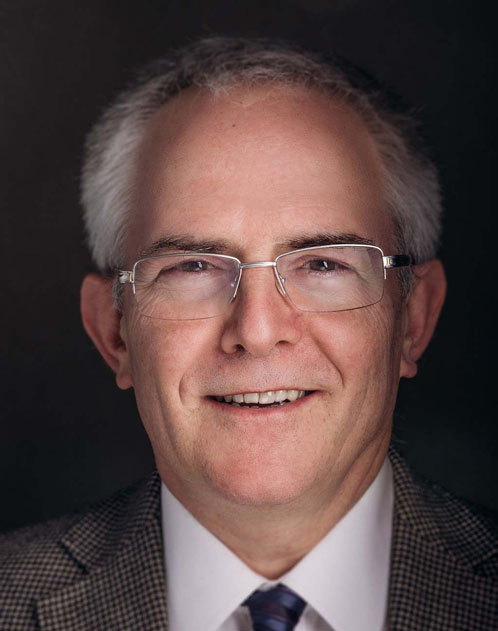They don’t want to be shut out of the process, reports Robert Hewitt, founder of Biosample Hub. However, the concealment of sample sources means that the end-user may lack biospecimen provenance information.
For the end-user of the sample, the provenance information that’s important to know includes
- sample processing history
- information about the donor and their medical history
- the geographic origin of the sample, which provides information about environment and ethnicity
- previous custodians, which may include one or more brokers.
If additional information is required, such as response to treatment or survival time, then it will be necessary to recontact the source biobank, which is made more difficult if a broker refuses to reveal the source of the samples.
Information about sample provenance is clearly vital for a range of scientific, ethical and legal reasons. So, what can be done to make sure that when industry obtains samples, they always come with reliable provenance information?

Robert Hewitt
One option is for brokers to allow direct communication between the hospital source of samples and the end-user; this requires both parties to sign a contractual agreement to the effect that they will not circumvent the broker.
Such contracts are indeed being used effectively by several commercial brokers. However, the fact that they place restrictions on the freedom of companies and biobanks to form partnerships is not always acceptable to one or other of the potential partners.
Another possibility is for companies to build their own networks of biobanks to supply them with the samples they require. This may be feasible in the long-term; but, in the short term, it is often very difficult to find suitable hospital biobanks with the necessary samples in stock.
There are publicly available biobank directories that companies can consult, but these are generally designed with academic researchers in mind and may not indicate whether the biobanks are willing or indeed motivated to work with industry.
For start-up companies and those with urgent sample needs, there is generally little alternative but to obtain samples through brokers.
Recently established not-for-profit Biosample Hub offers another solution with an online platform dedicated to partnering industry with academic biobanks.
The platform includes directories of biobanks, companies and requests, as well as networking features to allow members to communicate. So far, this has been well received by academic biobanks in western Europe, providing industry with a route to previously inaccessible sources of clinical samples.
In the years ahead, regulatory requirements for the approval of drugs and diagnostics will enforce the need for reliable sample provenance information. Already, the European IVDR regulations require this for makers of medical devices.
Together with the introduction of new legal and regulatory requirements, there are promising technological developments (such as blockchain) that will help to ensure reliable sample provenance information. The prospects for improving biosample provenance look bright.
